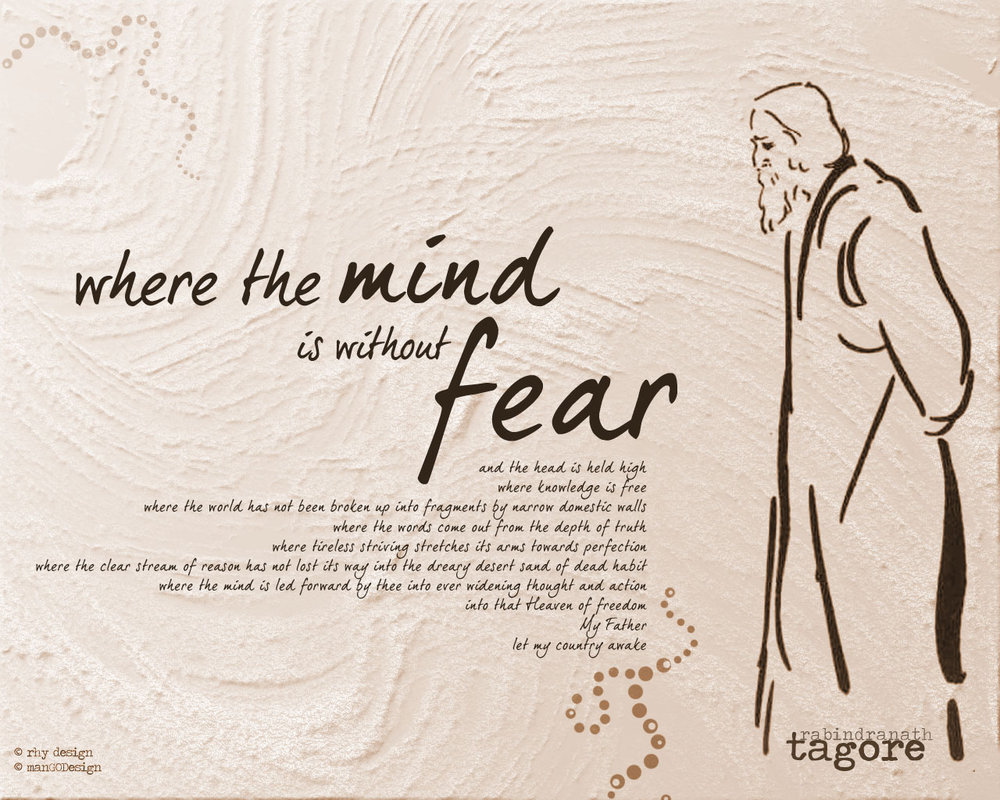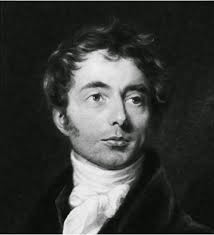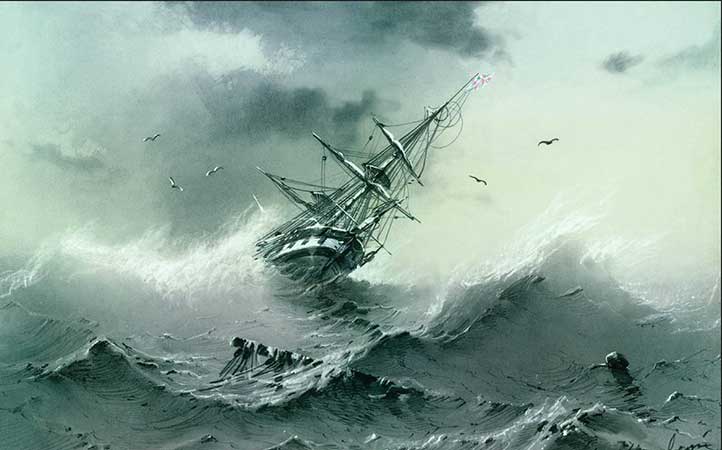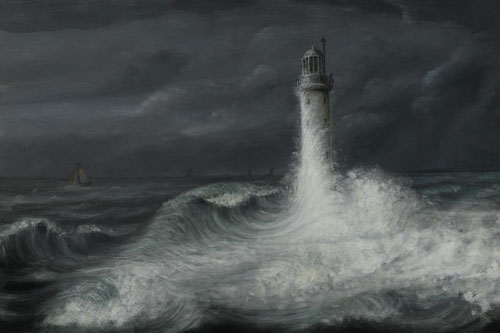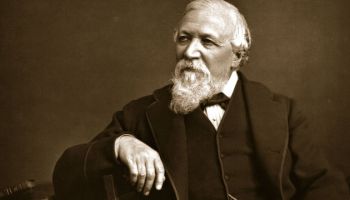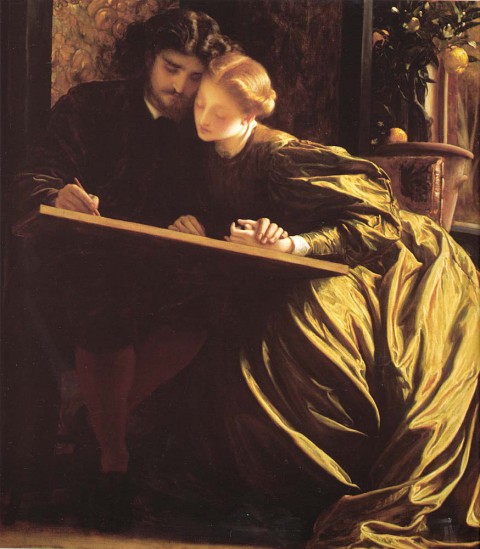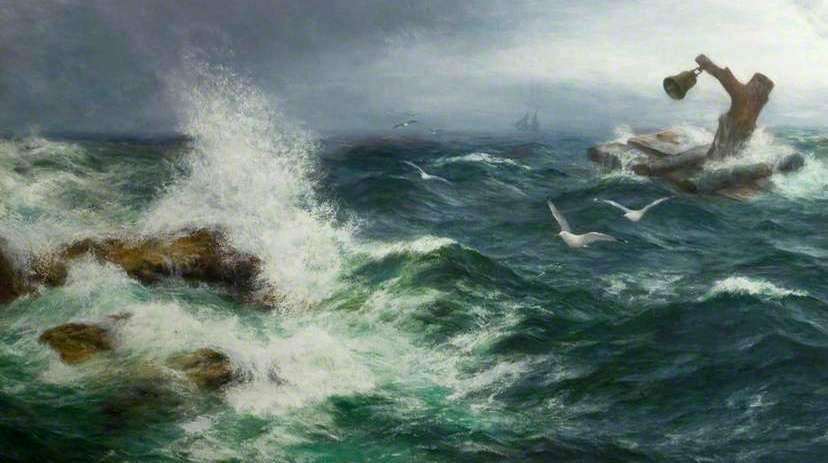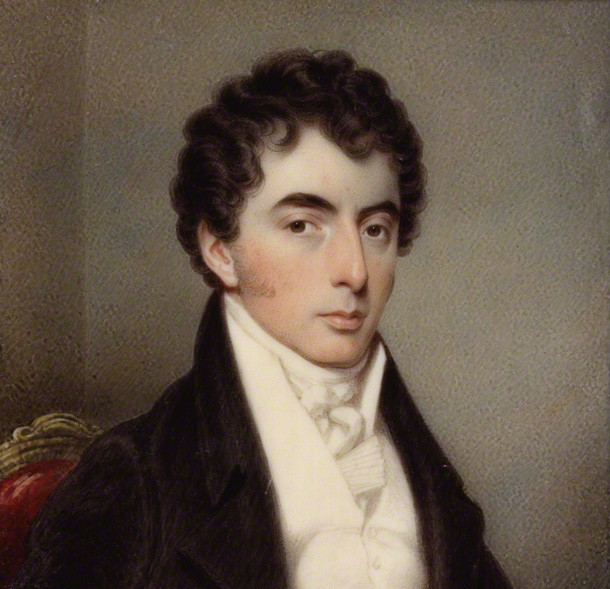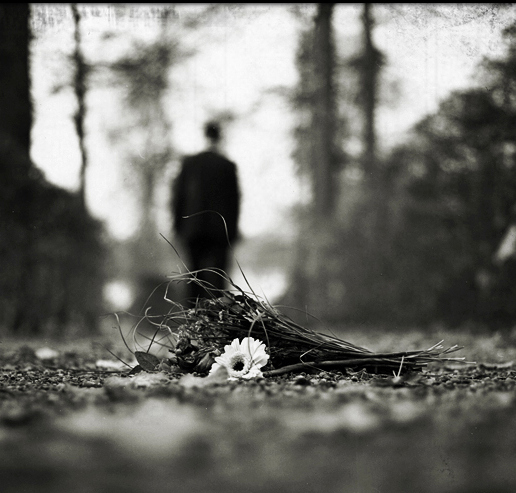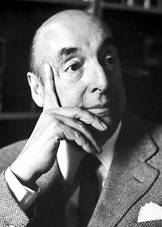Rupert Brooke (1887-1915) is best known as a war poet, but he also often wrote very poignant lyrics about love. ‘Mutability’ is one such poem about the ephemerality of love, about how love only lasts for a short time. This poem is made up of two stanzas, an octet (consisting of eight lines) and a sestet (consisting of six lines). This is the typical structure of a sonnet, and it is well known that Brooke preferred the sonnet to all other poetic forms.
In the first stanza, Brooke speaks of a world other than the one we inhabit, other than the phenomenal world. This world, he says, is “windless”. Here ‘wind’ does not signify merely the physical motion of air particles in the sky, but the storm in the heart of a romantic like Brooke himself, who was involved with many women (including Katherine Laird Cox, who is said to have inspired much of Brooke’s poetry), but whose affairs always ended bitterly. The alternate world of which Brooke writes exists outside the flow of time (contrary to the common adage “time and tide waits for no man”), and does not every emotion is a passing fancy. In that world, ‘Faith’, the ‘Good’, ‘Wisdom’ and ‘Truth’ hold their sway, and are not subject to change. ‘Aeterna corpora’ means that which exists forever, and for Brooke, the alternate world is such. It is immutable. If all that is in the phenomenal world are considered as shadows, then the objects of the alternate world can be compared with the suns that cast those shadows. While the shadows are insubstantial and fleeting, the suns are permanent, as Brooke wishes the love of his lovers to be. However, in the next line, the sixth one, Brooke speaks of the opposite of love – of war. It is as if the spectre of conflict cannot escape any of Brooke’s poems, not even one about deep emotions, such as ‘Mutability’. Love is also a battle for Brooke, a battle against time, for he longed to make his relations with women last. As opposed to the disintegration of the human body in death, the alternate world boasts the fixedness and unity of its ‘Beauty’, for as Brooke has mentioned before, that world is not subject to the flow of time. As opposed to the changing loyalties of the human heart, ‘Love’ is an eternally present part of the alternate world.
In the second stanza, Brooke begins to come back to reality and speak of the world he lives in, the physical world of human habitation, as he sees it. Addressing his beloved as ‘Dear’, he says that their love only consists of sighs and kisses and smiles, not of anything that is eternal like the alternate world. He is deeply aware that a kiss only lasts as long as their lips are touching, and that the kiss then disappears without a trace of its previous existence when their lips move apart. All that is left then is grief, at the end of all physical manifestations of love. Love also exists only in the human heart, but not in the world at large. Our world is not formed out of the ethos of love, but that of war. Love is only a fleeting part of our being. When love threatens to disappear, we can only catch at something as flimsy as the straws that a drowning man can catch at. These straws do not save the man from drowning, and our misguided attempt to hold on to love only leads us into darkness. The laughter of one who is made happy in love dies on his lips, and ‘Love’ itself dies in the heart of such a lover. It cannot be carried to the world outside the individual, and made to spread all over the earth.
Dear Readers- If this summary/analysis has helped you, kindly take a little effort to like or +1 this post or both. Make sure you like Beamingnotes Facebook page and subscribe to our newsletter so that we can keep in touch. We’ll keep informing you about stuffs that are really interesting, worth knowing and adds importance to you.
Some online learning platforms provide certifications, while others are designed to simply grow your skills in your personal and professional life. Including Masterclass and Coursera, here are our recommendations for the best online learning platforms you can sign up for today.
The 7 Best Online Learning Platforms of 2022
- Best Overall: Coursera
- Best for Niche Topics: Udemy
- Best for Creative Fields: Skillshare
- Best for Celebrity Lessons: MasterClass
- Best for STEM: EdX
- Best for Career Building: Udacity
- Best for Data Learning: Pluralsight
